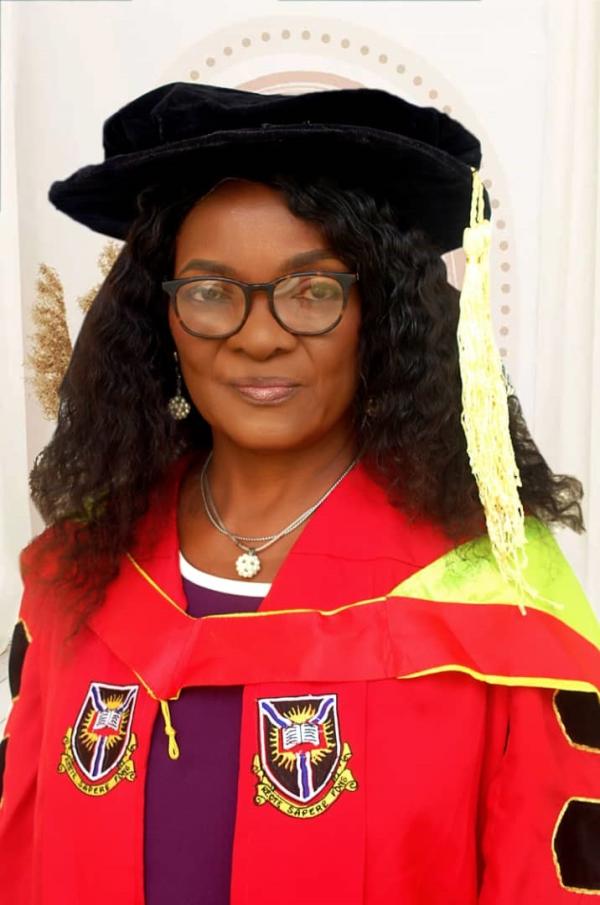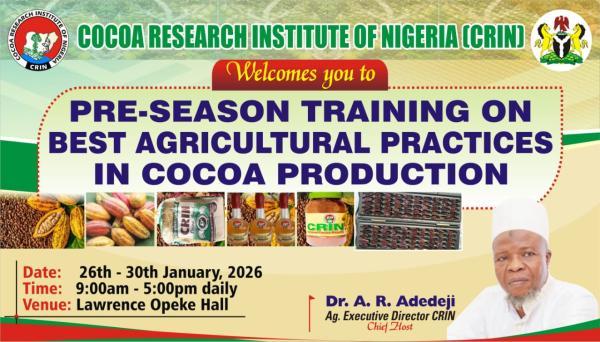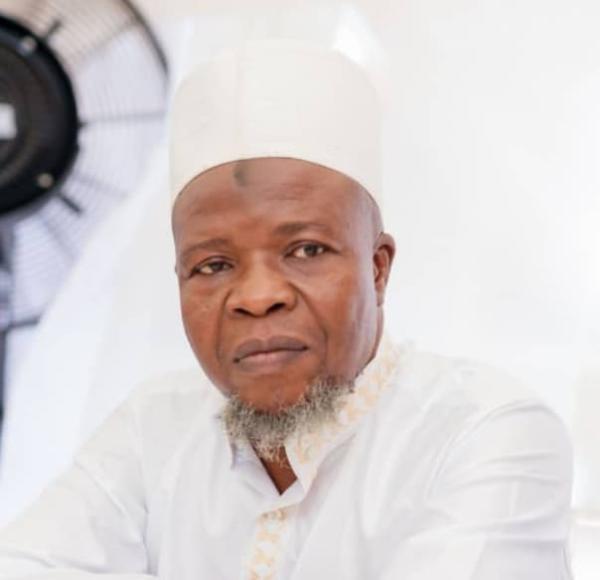On Friday, August 30, at the Federal College of Animal Health and Production Technology in Ibadan, the Department of Animal Production hosted a ground-breaking workshop. The workshop themed “Unlocking the Potential of Local Poultry Genetic Resources: a Successful Restitution on Cryopreservation Technology” brought together experts, researchers, and practitioners in the field of poultry genetics and cryopreservation.
The workshop was designed to address the critical need for capacity building in cryopreservation technology. It focused on the crucial importance of cryopreservation technology as a tool for the preservation of the genetic material of local poultry breeds. The goal of the training was to provide participants with the information, abilities, and practical experience needed to use cryopreservation methods in their line of work.
During the workshop, attendees underwent intense, hands-on instruction from knowledgeable instructors. They learnt how to collect, process, and store samples in a cryopreservation experiment and the latest advancements in the field and its applications in poultry genetics and the development of local poultry genetic resources. They also discussed the importance of conserving and utilizing local breeds due to their better adaptability to local environments and poultry production systems.
The workshop explored strategies for promoting the use of local poultry breeds and the role of cryopreservation in preserving their genetic material. Participants were able to share their experiences and success stories in applying cryopreservation technology. They discussed the future directions for research and development in poultry genetics and cryopreservation, including the potential for collaboration and knowledge sharing,
Dr. Adekoya O. Owosibo, the institution's provost, focused his remarks on the significance of highlighting the work being done by researchers to preserve and develop the local genetic resources of Nigerian livestock animals, particularly those of the chicken breeds. He claims that despite the fact that our local breeds are resilient, acclimated to our climate, and less prone to illness, the Nigerian poultry industry primarily relies on imported breeds. According to the Provost, although local chicken may be tougher and less popular than imported broiler chickens they have a unique advantage –‘they are sweeter in taste’.
Additionally, the provost stated that Nigerians ought to be proud of their native chicken breeds in an interview with CEOAFRICA. In order to maximise their potential and lessen dependency on imports, he emphasised the importance of concentrating on studying and improving the local chicken breeds. He asserts that by doing this, we can guarantee food security and advance the nation's sustainable poultry production.
Owosibo recommended government funding through investment in genetic resource research to enhance the production of local chicken breeds and identifying areas for improvement to make them more competitive. According to him, other steps to be considered in the bid to achieve sustainable poultry production in Nigeria are researcher engagement and focus on local chicken and genetic resources to develop innovative solutions demonstrating the value of government funding and farmers adoption and recognition of the sustainability and economic benefit of raising local chicken and ultimately benefiting the general population.
In his own remark the immediate past Head of Department of Animal Production Dr. Odukoya, Sesan advocated for a collaborative effort between the government, researchers, and farmers to unlock the potential of local chicken breeds to make them a viable and sustainable option for Nigeria poultry production.
Also, Dr. Oluronke A. Bolatito, the key speaker at the workshop, while speaking in an interview with CEOAFRICA, laid emphasis and stressed on the need to develop Nigeria’s local poultry products, as the country largely consumes foreign-developed breeds. She highlighted the fact that the livestock transformation plans should pursue the goal to develop local animal genetic resources for food security. This is particularly important due Nigeria’s growing population and global climate change. Developing technologies for local poultry genetic resources will lead to the production of affordable protein sources and exporting local poultry development to achieve food security, economic growth, and sustainability.
The restitution training workshop was a great success, leaving participants with newfound knowledge, abilities, and a desire to use cryopreservation technology in their work. The event marked an important step towards unlocking the potential of local poultry resources, and we look forward to seeing the impact of this training in the years to come.
Since this is the first of its kind since taking office, Dr. Adedeji Yinka, the Head of Department, has promised more educational workshops and training in the future.






















